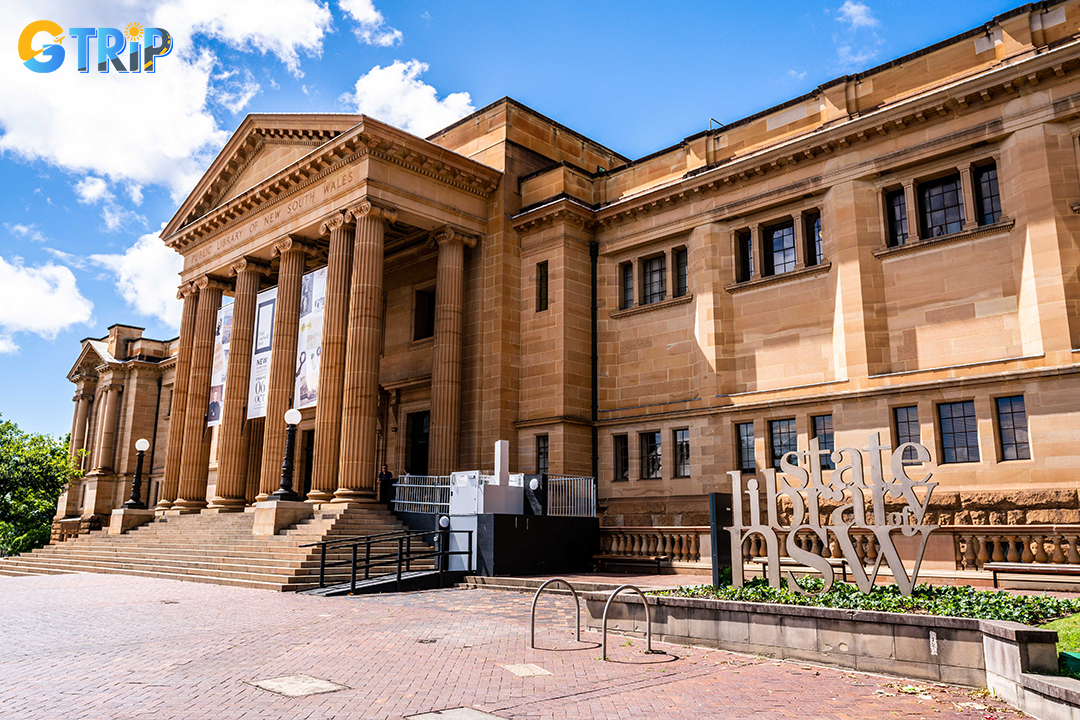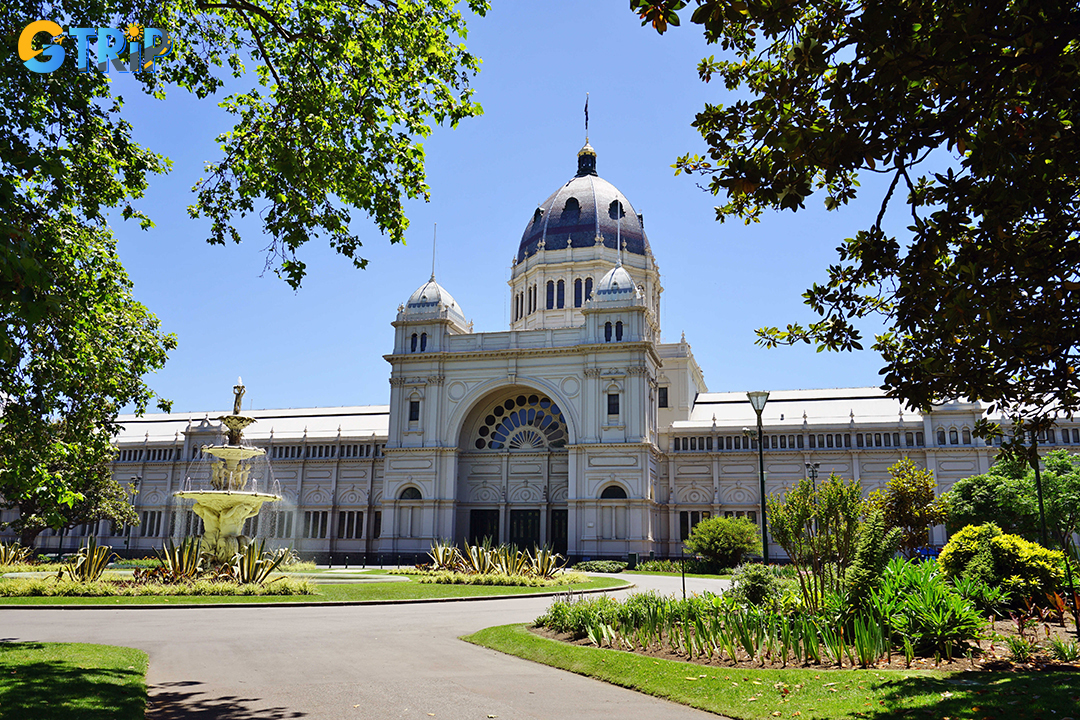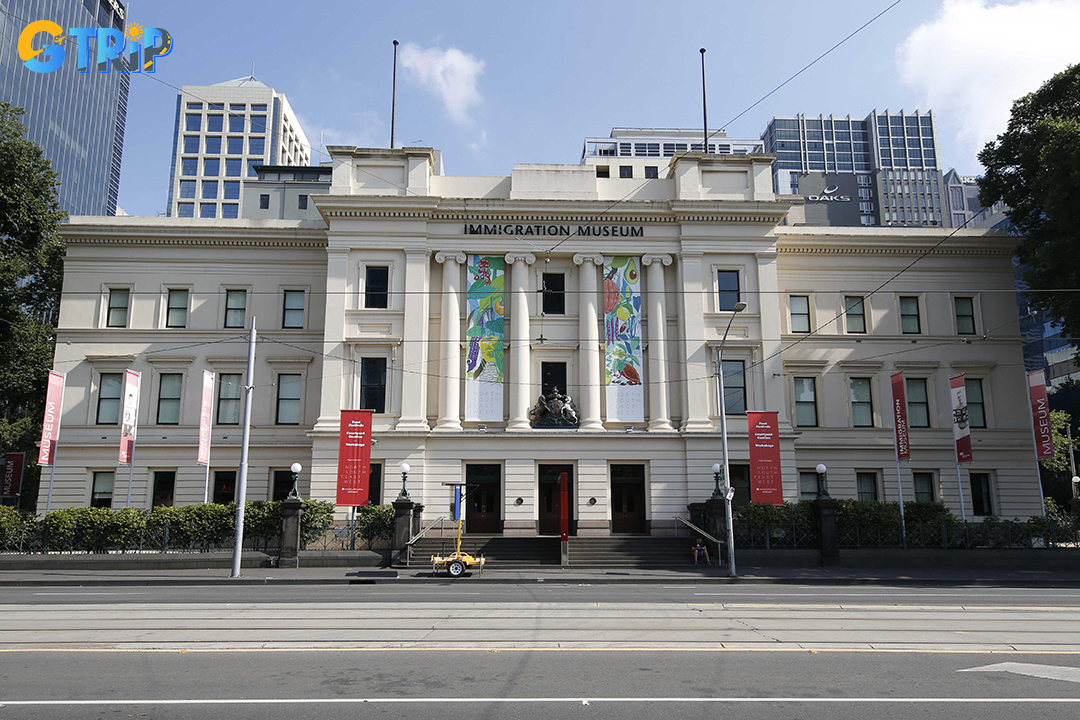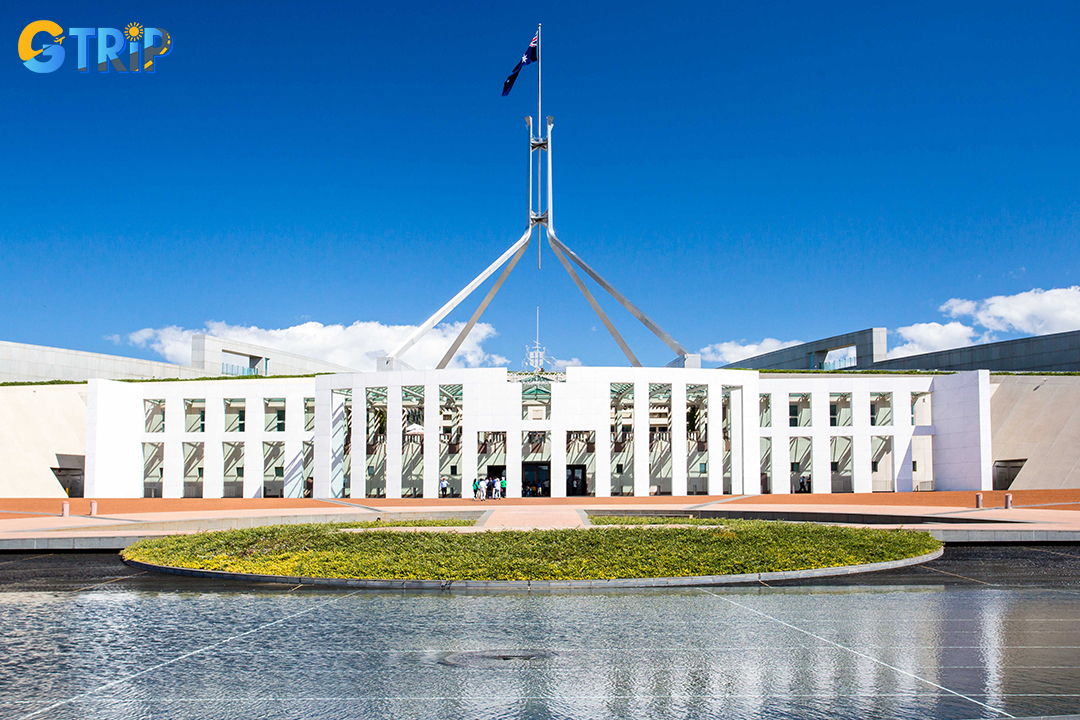Jul - 28 - 2023
Australia, the land down under, has a rich and fascinating history that spans thousands of years. The story about the history of Australia is a tapestry woven with diverse cultures and the evolution into the modern nation we know today.
Ancient Aboriginal Australia
Indigenous Australians have been present in the country for over 65,000 years. These continents' original inhabitants have nurtured diverse cultures and traditions that flourish to this day. With a deep-rooted connection to the land and a spiritual, Indigenous Australians have thrived amidst a diverse range of environments. Despite enduring historical challenges, their resilience shines through, as they continue to preserve their unique identities.

European exploration and colonization
The early 17th century saw Dutch explorers charting parts of the Australian coastline, but it was Captain James Cook's voyage in 1770 that led to the claiming of the eastern coast for Britain. This marked the beginning of European colonization, with the establishment of the first British penal colony at Botany Bay in 1788. The arrival of European settlers heralded a new era in Australia, but this period also brought significant challenges and conflicts.

State Library of New South Wales
The Gold Rush
The discovery of gold in various regions in the mid-19th century attracted people from all over the world, leading to a rapid population boom. The influx of immigrants brought diverse cultures, enriching the Australian way of life. However, the newfound wealth also led to conflicts, notably exemplified by the Eureka Stockade rebellion in 1854.
Federation and the birth of a nation
The late 19th century saw a growing sense of national identity and a desire for closer cooperation among the colonies. On January 1, 1901, the Commonwealth of Australia was officially proclaimed, uniting the six colonies into a single nation.

Post-war immigration and multiculturalism
Post-World War II, Australia experienced a transformative wave of immigration that ushered in a new era of multiculturalism.
The arrival of European immigrants
After World War II, seeking to rebuild and strengthen the nation after the war, the Australian government actively encouraged immigration, particularly from Europe. This influx of immigrants brought a diverse array of cultures, languages, and traditions, forever altering the fabric of Australian society. As multiculturalism took root, it became a fundamental aspect of the nation's identity, celebrating the richness of cultural diversity and promoting social harmony.

Immigration Museum
The White Australia policy and its repeal
The White Australia policy was enacted in the late 19th century and lasted until the mid-20th century, this policy favored white immigrants while imposing discriminatory restrictions on non-white individuals. However, growing opposition and its gradual dismantling in the 1970s. It marked a significant shift in Australia's approach to immigration, embracing multiculturalism and diversity as fundamental aspects of the nation's identity.

Australian Parliament House
In the journey through the history of Australia, we witness the transformation of an ancient land into a modern nation. What are you waiting for? Travel to Australia now to feel the diversity of this beautiful country!


